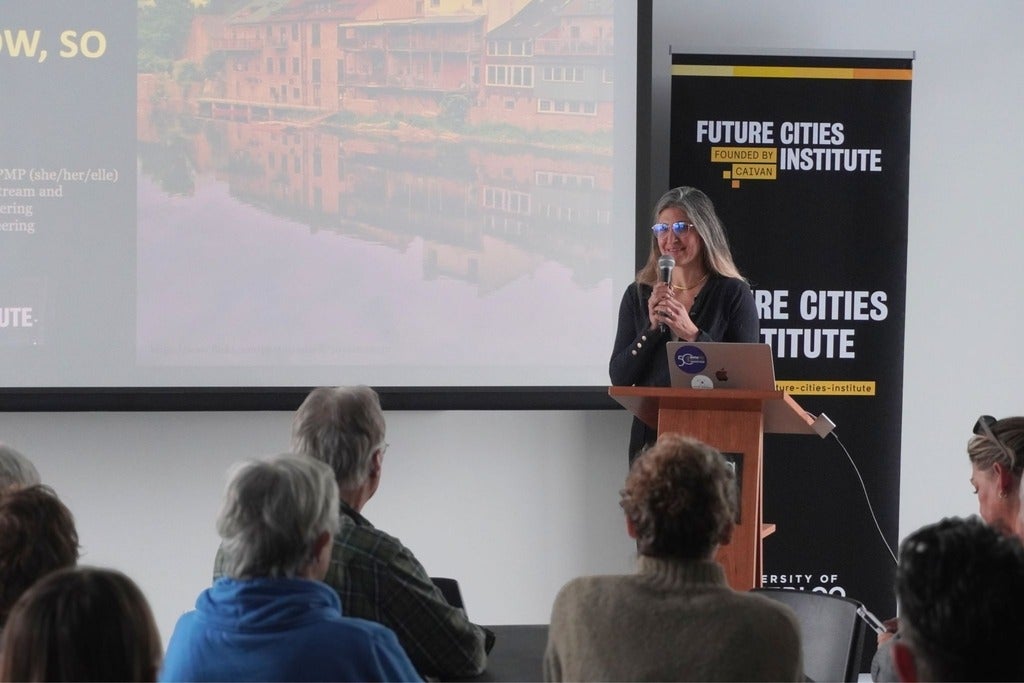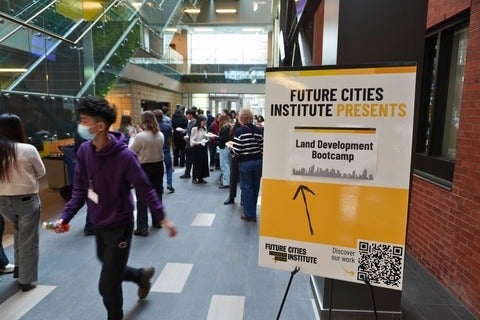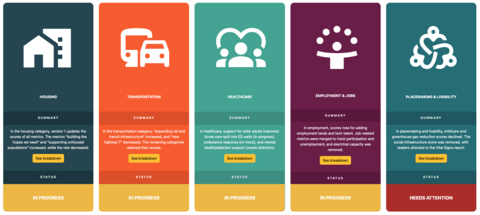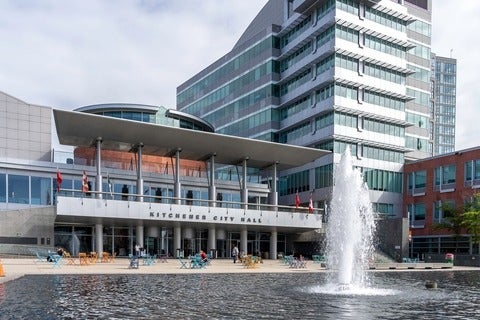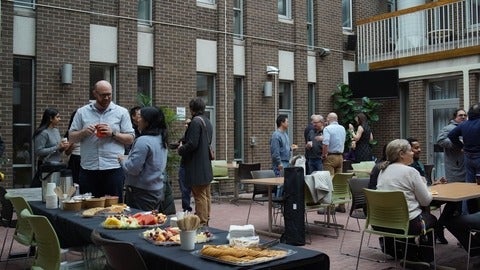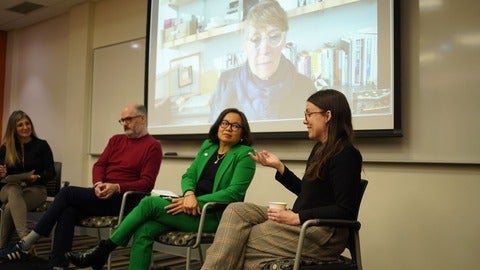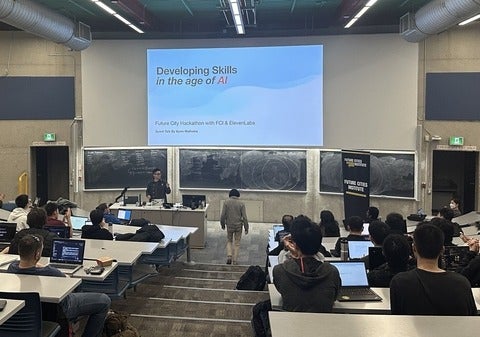“The Future is Now, so What are We Building?”
At the BE*SPOKE Festival in the Township of Centre Wellington, conversations about climate resilience, urban systems, and community leadership moved beyond abstract policy debates and into something more tangible. Organized by GreenLanes, the festival created space for municipalities, practitioners, and community leaders to engage deeply with the realities of climate change, and the choices communities must make in response. The Future Cities Institute was proud to be part of that conversation through the work of FCI member and Academic Director Nadine Ibrahim, whose talk, “The Future Is Now, So What Are We Building?”, set the tone for the day.
